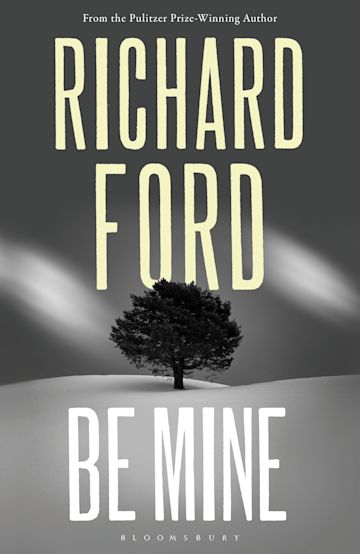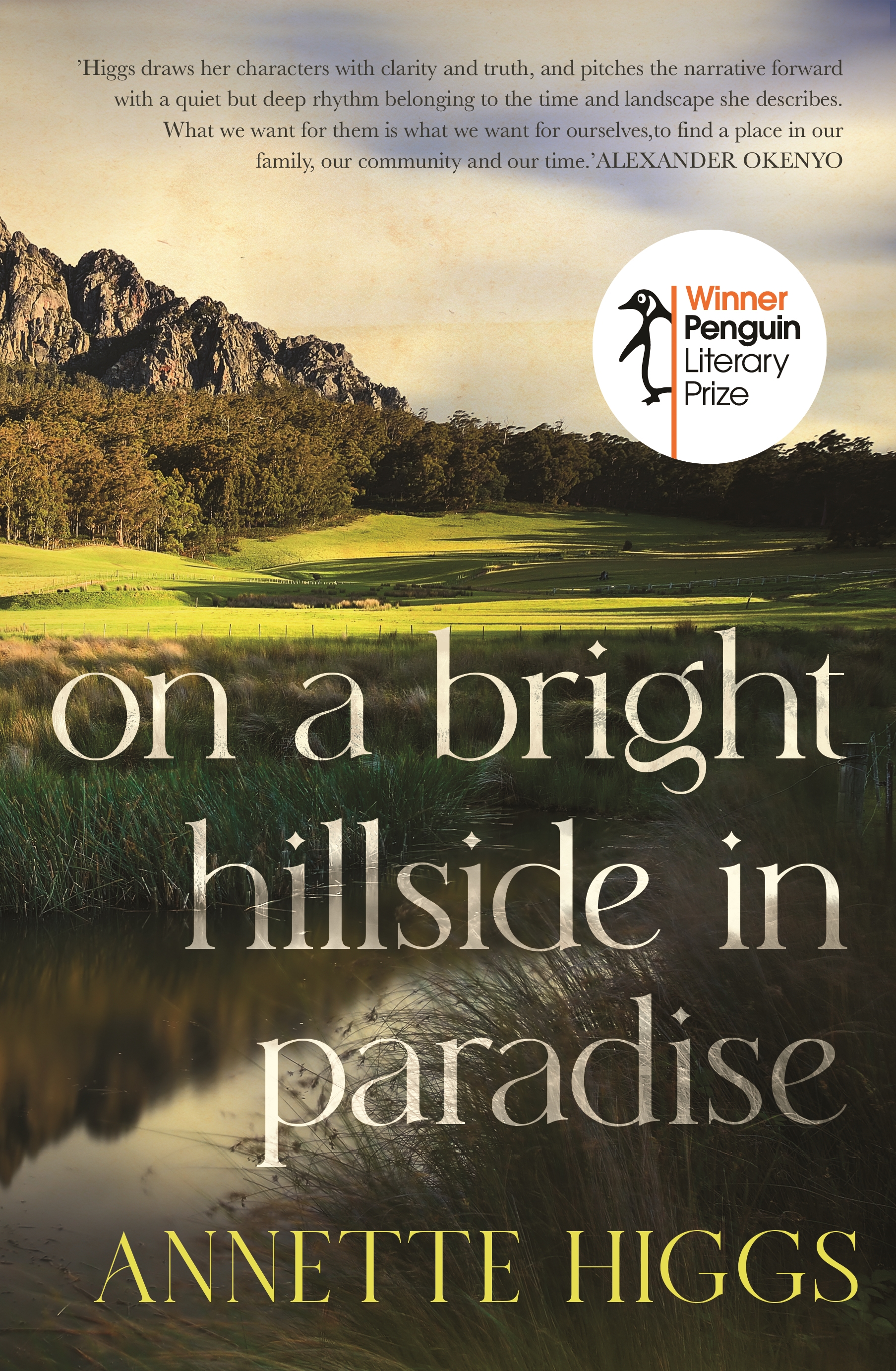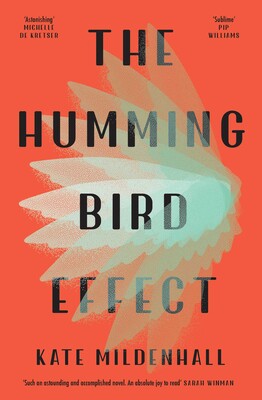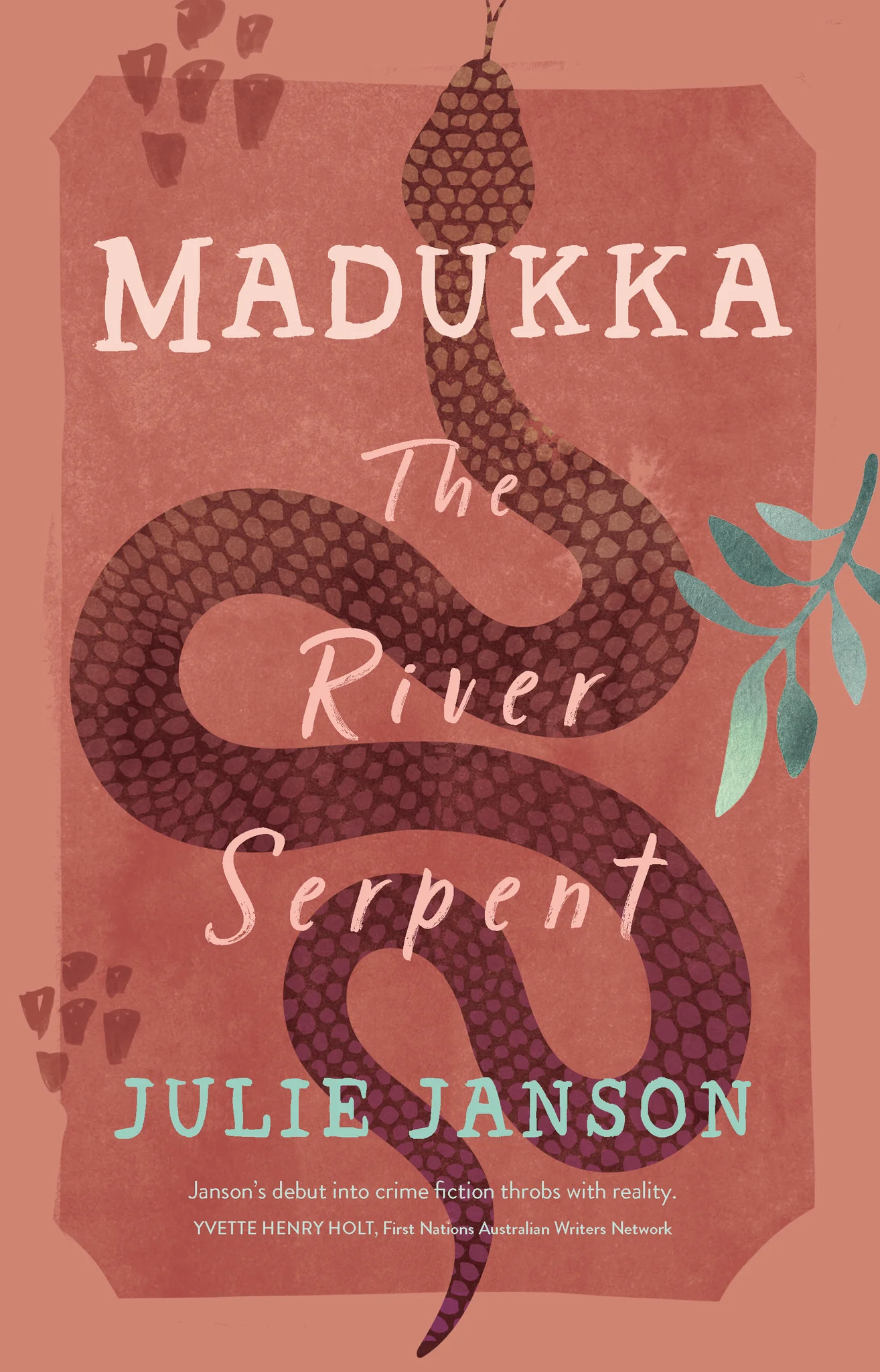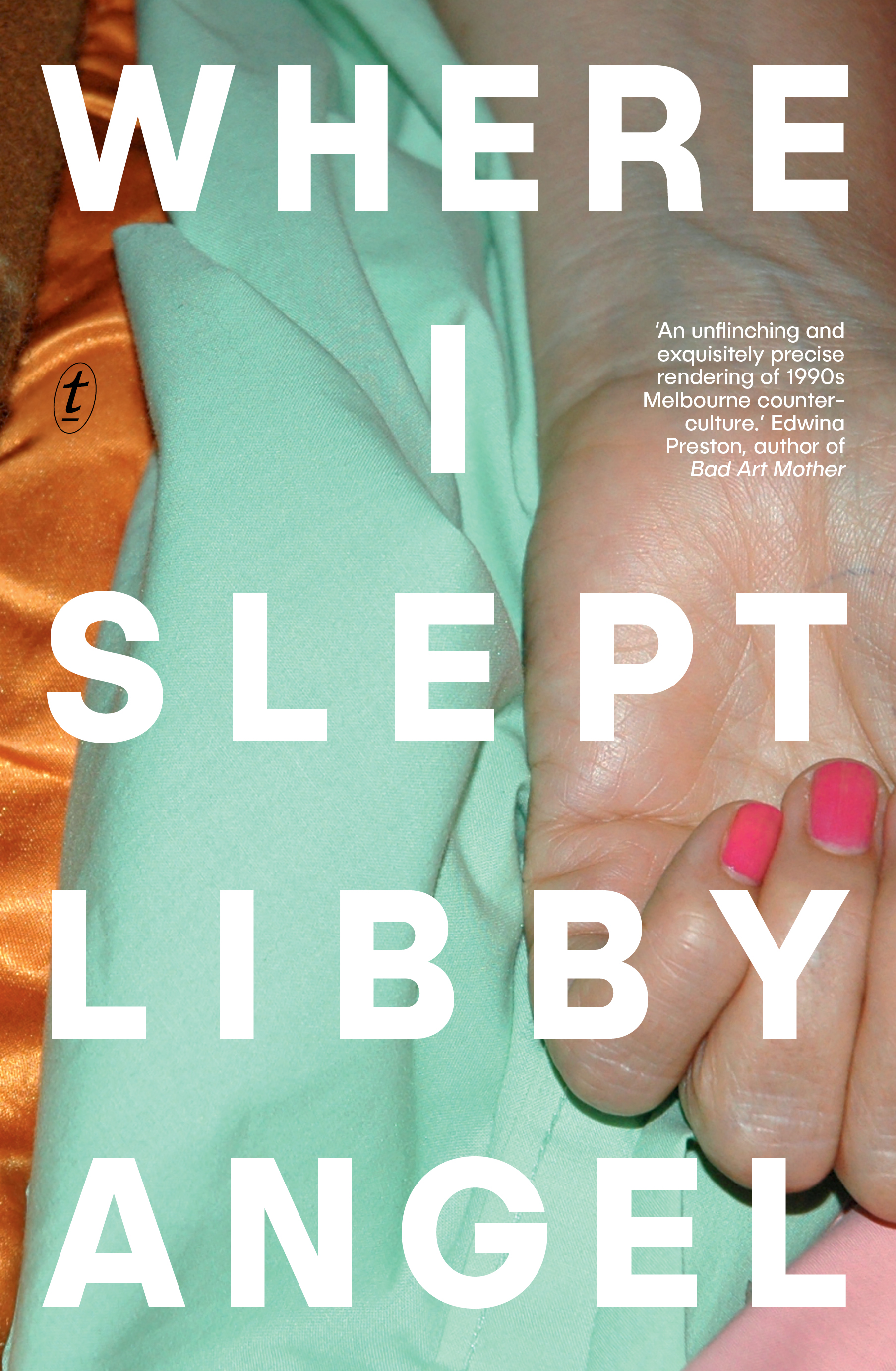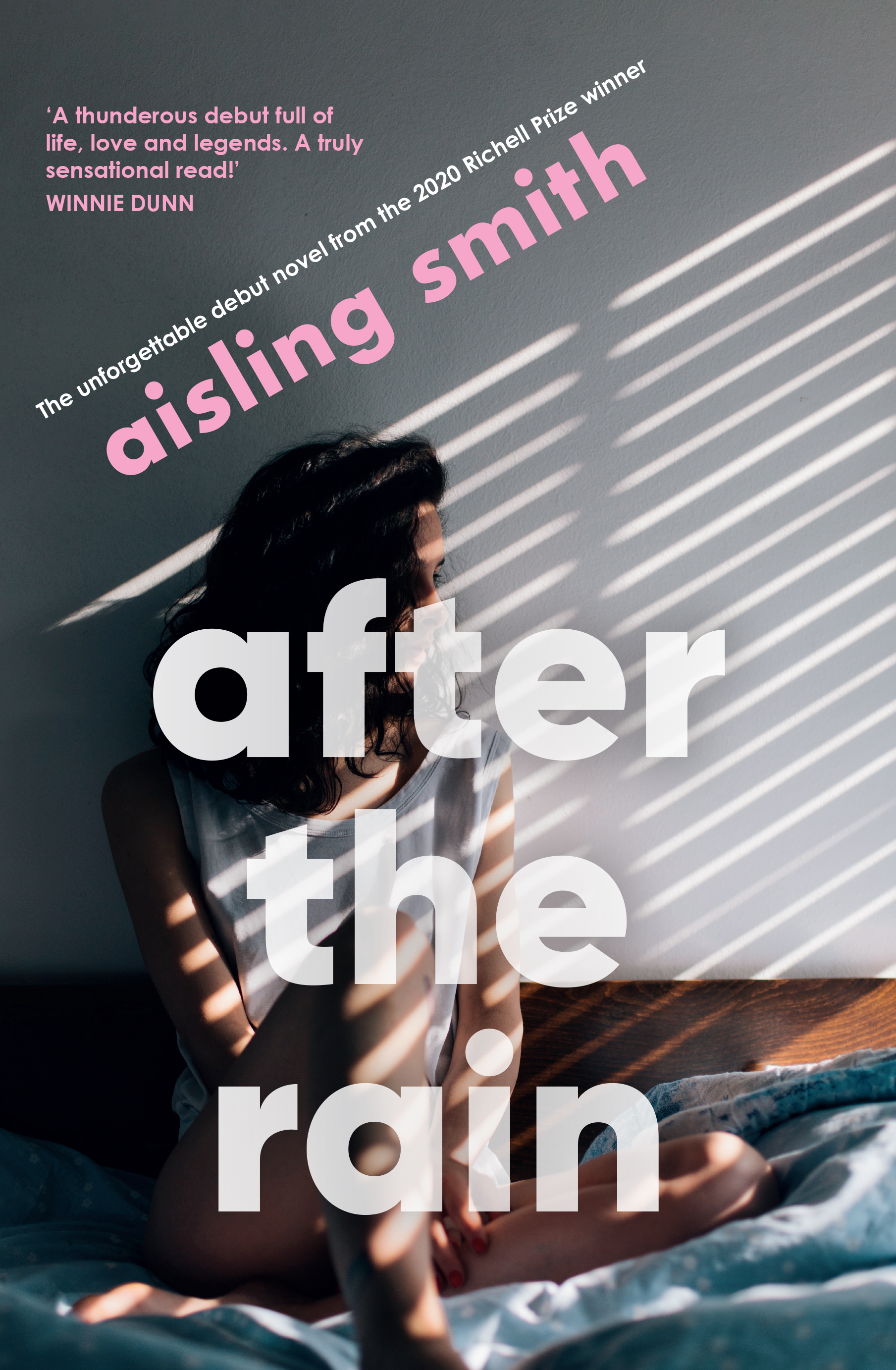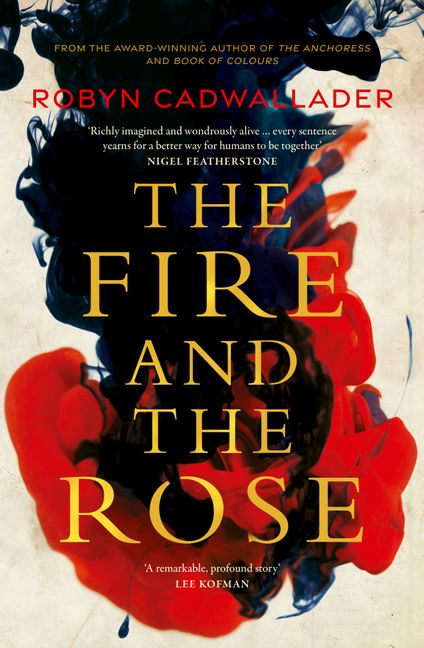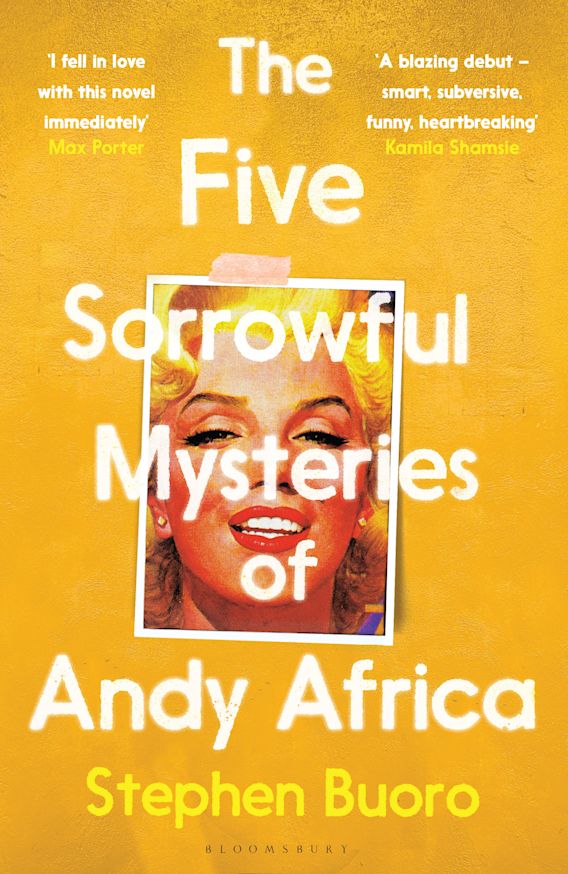Fiction
When pushed to vote on the bleakest poem among Philip Larkin’s death-obsessed body of work, most would likely stump for his late masterpiece ‘Aubade’, that arid interrogation of human finitude. Yet his ‘The Building’, from 1972, is in many ways a more savage appraisal of individual extinction and the structures we build in an attempt to deny it: ‘Higher than the handsomest hotel / The lucent comb shows up for miles …’ Larkin was referring here to the Hull Royal Infirmary, a modernist pile which loomed over the poet’s hometown after it opened in 1967. Yet the poem could just as easily be translocated to Rochester, Minnesota, where the substantial modern tower of the Mayo Clinic stands: a building around which, too, surrounding streets stand like ‘a great sigh out of the last century’.
... (read more)Anyone who watched the recent SBS survival series Alone Australia will have gained a new understanding of western Tasmania: of how wild it is, and how rugged, and how cold. A hand-to-mouth, hardscrabble life of subsistence farming there would be bad enough today; for the nineteenth-century white settlers of Annette Higgs’s novel it is close to unsurvivable, and indeed some of her most vulnerable characters do not survive it.
... (read more)Myths about space travel have always been uncomfortably tangled with incarceration and exile. Author Manu Saadia has described the private plans of the current crop of hubristic billionaires as ‘carceral fantasies’. Despite science fiction’s recent utopian turn, there is no reason to believe that space colonisation will be anything but a repeat of the earthly version’s violent history. Giants, too, have a long mythology and once held a significant place in literature, from Atlas to Swift and Wilde; both burdensome and burden-carrying, they often have an outcast sadness. Pip Adam’s fifth book, Audition, brings these myths together.
... (read more)Spellbinding, genre-defying, and powerful in its vision of the future, Kate Mildenhall’s third novel, The Hummingbird Effect, interweaves four matrilineal narratives that span the years 1933 to 2181. Set in Footscray and its surrounds, including the Meatworks, Sanctuary Gardens Aged Care, and a futuristic Forest/Inlet/Island, the novel explores the central concern of ‘unmaking the world’ in order to ‘begin again’.
... (read more)This week, on the ABR podcast, literary critic and editor Geordie Williamson reviews J.M. Coetzee’s new short story collection The Pole and Other Stories. At the age of eighty-three Coetzee has again proved himself a ‘true and loving creator’, argues Williamson, by denying his characters endings or wholeness – ‘the great lie of art’. Listen to Geordie Williamson with ‘Last things: J.M. Coetzee’s antipodal forces’, published in the July issue of ABR.
... (read more)Given the huge popularity of crime fiction, some readers might wonder why there are not more examples by Aboriginal authors. Perhaps it is because crime in general is too close to the bone. It was only coincidental to be reviewing Julie Janson’s Madukka the River Serpent amid the controversy that followed the ABC’s coverage of the recent coronation, yet the relevance was inescapable. For the tiny number of readers unaware, this is when the slimy gutter of social media-fuelled racism dragged journalist Stan Grant down to the point where the national broadcaster lost one of its best (temporarily, one hopes). Grant’s departure speech at the end of his final Q&A on 21 May was so moving and thought-provoking it will stand in history alongside other landmark speeches – Paul Keating’s Redfern address springs to mind – and may well prove to be a catalyst for reform. Though prompted by cruelty and hate, it responded with generosity and love – love of people, love of culture, love of country.
... (read more)Where I Slept opens with an ending. The nameless narrator, a twenty-something woman, is leaving her rural hometown and the boarding house where she lived, for new adventures in the big smoke – but not before daubing ‘sentimentality is the enemy of truth’ on the front gate of her soon-to-be former university. That proverb proves prophetic as the narrator establishes a new life in Melbourne’s inner city. This is the 1990s, just before gentrification had gained ascendance, when the area still had a ‘bohemian’ feel. The narrator drifts through sharehouses where rent goes unpaid and housemates are replaced frequently. She frequents seedy bars where strangers shout her drinks, and exhibitions where free booze flows.
... (read more)Melbourne author Aisling Smith’s début begins with a question that snakes the whole way through her novel: ‘What has happened to Benjamin?’
... (read more)Centuries before the Kremlin had a digital presence and long before Ivermectin was trending on Twitter, an early form of disinformation campaigning emerged in medieval Europe: blood libel. These anti-Semitic accusations claimed that Christian children were being killed as part of Jewish religious ritual, a lie used to justify violence against Jewish communities.
... (read more)The Five Sorrowful Mysteries of Andy Africa by Stephen Buoro
'A fifteen-year-old African genius poet altar boy who loves blondes is not a criminal, not a racist, not a sell-out.’ Perhaps not unlike other fifteen-year-old males, he is prone to bouts of solipsism and radical empathy, as absorbed by superhero fantasies of escape (and retribution) as he is by the semiotics of text messaging and sneakers. He is as unique as the next genius-poet altar boy – but also as generic, an utterly predictable mix of reticence and masturbatory self-aggrandisement. This is the wager of Stephen Buoro’s engaging début, and what renders its narrator-protagonist, Andy Aziza (a genius-poet altar boy who is also, it turns out, a genius mathematician), so memorable.
... (read more)
